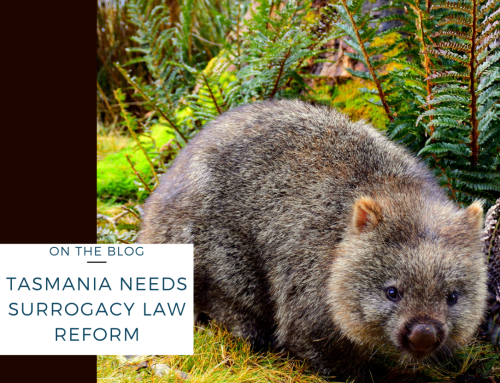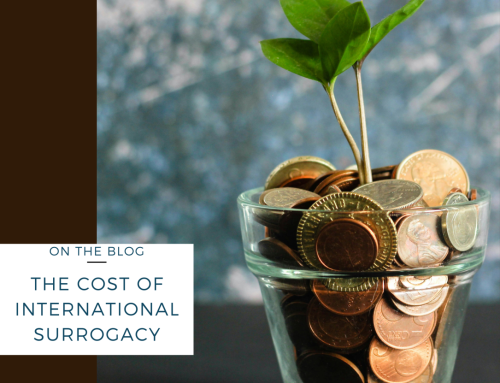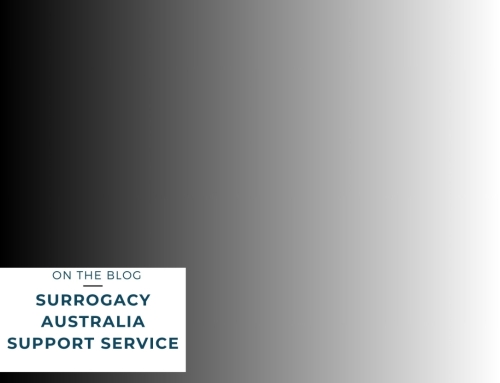Traditional surrogacy involves a surrogate conceiving with her own eggs, with sperm from an intended father or a donor. It is different from gestational surrogacy, where the surrogate becomes pregnant with an embryo created with an egg from the intended mother or an egg donor.
As of 2024, traditional surrogacy is legal in every state and territory in Australia.
If you are new to surrogacy as an intended parent, you might like to start with this post. If you are a potential future surrogate, this post provides some information.
You can read a broad overview for surrogacy in Australia and how it works.
I’ve written a book, More Than Just a Baby: A Guide to Surrogacy for Intended Parents and Surrogates, the only guide to surrogacy in Australia.
Many fertility clinics will not facilitate traditional surrogacy arrangements because they believe it is illegal. If you need to rely on IVF treatment, it is worth contacting your local IVF clinic to explore your options. Clinics in Victoria generally cannot facilitate a traditional surrogacy arrangement. This leaves home insemination as the only option – one such story was shared in the Herald Sun in 2020.
While the conception is often arranged in private, the parties still need to complete the process of counselling and obtaining legal advice beforehand. A Parentage Order cannot be made after the birth unless all the pre-conception requirements are met.
Traditional surrogacy is less common than gestational surrogacy, due to the availability of IVF and egg donors. Surrogates are often more comfortable with gestational surrogacy. And while traditional surrogacy does not often involve an IVF clinic, it is not something to pursue simply to save on expenses. If you are looking for an egg donor, you might like to join Egg Donation Australia.
There are many misconceptions about traditional surrogacy, including that ‘she won’t hand over the baby.’ This is usually a misconception from someone who has never met or spoken to a traditional surrogate. The truth is, where the parties have followed the processes and had counselling and legal advice, there are no cases where the traditional surrogate has refused to hand over the baby.
It is important that all surrogacy arrangements complete the pre-conception steps, including counselling and legal advice for all the parties. If you do not follow those steps, you may not qualify for a Parentage Order, and there are risks in not following the steps required to establish a true surrogacy arrangement.
I was a traditional surrogate and am aware of how complex and rewarding it can be. It is a different experience to gestational surrogacy, and should not be entered into lightly. I have written about my reflections as a traditional surrogate in the year after her birth, and spoken about it on the Surrogacy Podcast in Episode 99. You can also watch the webinar below, with Doula Sheridon Byrne, where I talk about my experiences as a traditional surrogate.
You might be interested in other stories involving traditional surrogacy, including Surrogacy Podcast interviews, which focused on traditional surrogacy and home insemination. You can also read my article about turkey basters and conceiving at home.
Wondering how it feels to give away a baby? Surrogates don’t have any trouble handing over the baby – in fact, it’s usually the highlight!
If you are interested in finding out more about surrogacy, you can download the free Surrogacy Handbook, and listen to the Surrogacy Podcast. You can also book in for a consult with me below, and check out the legal services I provide.








